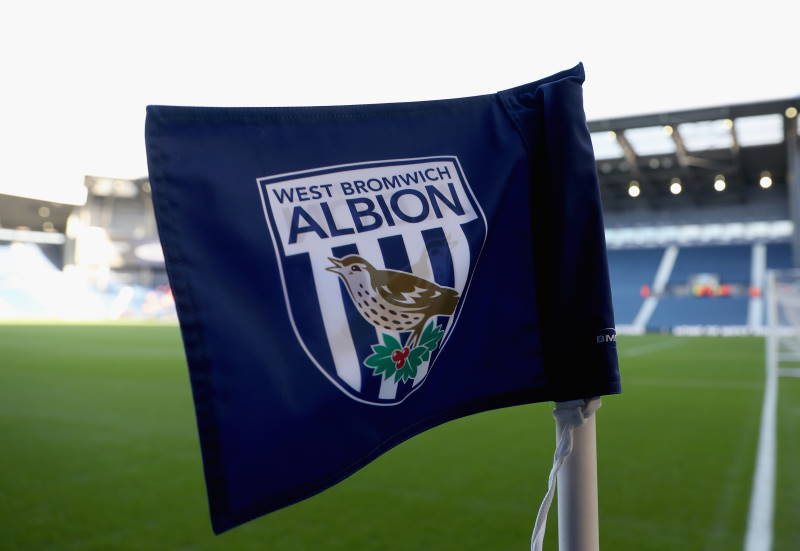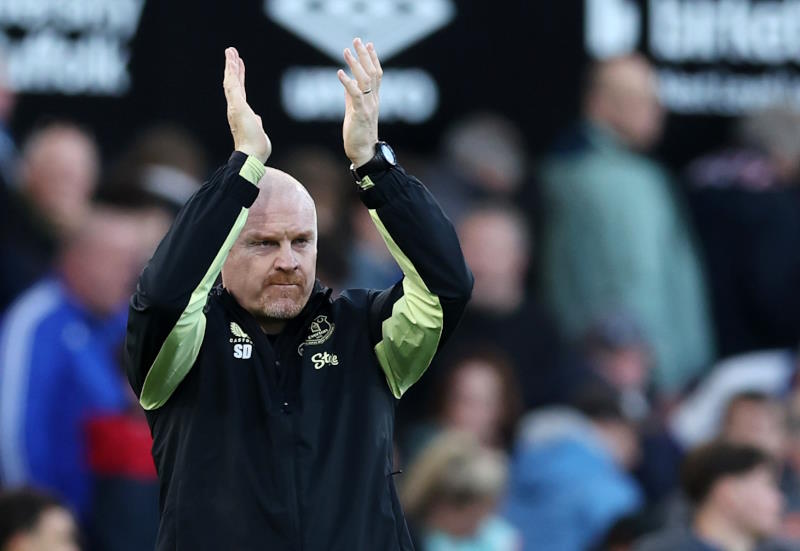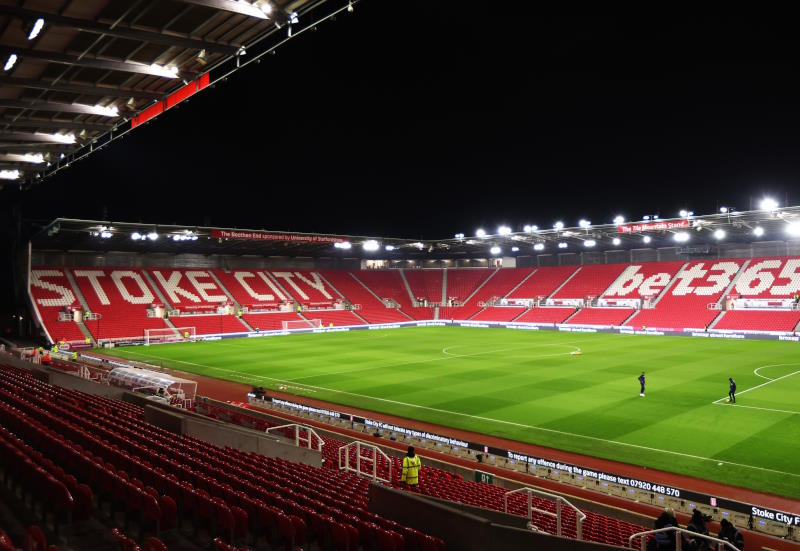
As if they weren’t popular enough as it is, Borussia Dortmund’s announcement that they will not be selling Robert Lewandowski to Bayern Munich this summer will surely have won them even more admirers. In a league dominated for years by Bayern Munich, their summer plans were intimidating not just to German football but the European game as a whole. Seemingly not content with being champions of Germany and Europe, and the first side from the country to win the treble, Bayern Munich have already wrapped up the signing of Mario Gotze, Dortmund’s highly prized asset. With Lewandowski close to a move, it was looking as though Bayern Munich were set to rip the heart out of their closest challengers, who were let’s not forget, 25 points adrift at the end of the season.
And Bayern Munich have appointed the most sought-after coach in world football, Pep Guardiola – the man who guided Barcelona through the most successful period in their history and created what many believe to be the best club side ever.
Spanish football fans will be familiar with the problems associated with superpower clubs. In La Liga, Barcelona and Real Madrid are so far ahead of the field that they have effectively created a league within a league. There are the big two, and then there are the rest. They compete for different prizes, have wildly divergent financial security, and occasionally they play each other in ‘competitive’ league and cup games.
There are two main differences in Germany. For one thing Bayern Munich are a superpower on their own. Dortmund have done admirably well to compete on a sporting par with the Bavarians, but they could not keep up last season, and they are nowhere near the Munich outfit financially. Dortmund’s players are paid far less, (just €48.5m was the wage budget last season, although the club have authorised that to jump to €68m this year) whereas in Spain, the big two sides have similar revenues and salary bills. And the idea of Barcelona or Real Madrid buying the other side’s best players is unrealistic. The odd one – think Luis Figo – may slip through the net, but that is the exception and not the rule.
The other key difference in Germany is more worrying. There is cause for optimism in Spain – reason to believe it won’t always be this way. The league is moving, slowly, towards a collective television deal which will distribute revenue from television money more equally. La Liga is second only to the Premier League when it comes to international interest, and so there would be a lot of money to be distributed around the league if and when this happens. In Germany however, the league is already largely well run.
Television money is distributed collectively, and (most) clubs make more than they lose. Most teams, unlike in Spain, have modern stadiums which generate substantial revenue. But no one have as much as Bayern Munich. No team have managed to do what Bayern Munich have in recent years – that is build a new stadium, buy the best players around and win things without racking up huge debts. And they even bought out 1860 Munich’s share of the Allianz Arena for €11m in 2006; in 2010 and 2011, the Bavarians offloaded 10 per cent to both Audi and Adidas, for €71m and €90m respectively. It is 20 years since Bayern Munich didn’t register a profit. They are debt free, unlike Manchester United, Arsenal, Chelsea, Real Madrid and Barcelona – who along with the Bavarians make up the six richest teams in terms of revenue.
Further to that point, Bundesliga rules are such that teams must be owned 50 per cent or more by their own supporters. There are the odd exceptions due to historical reasons – Wolfsburg have always been owned by Volkswagen, who maintain a 100% stake, whilst Bayer own the whole of Bayer Leverkusen.
The question therefore is – how can anyone challenge Bayern Munich? A glance at the 12 most expensive deals involving players moving between Bundesliga clubs illustrates the financial disparity perfectly. The three biggest deals are Gotze, Mario Gomez and Manuel Neuer – all Bayern Munich signings. Of the 12 as a whole, ten were Bayern Munich signings. And of the other two, one was Lukas Podolski – being sold back to 1.FC Koln after Bayern Munich had signed him three years earlier for what was at the time a joint Bundesliga-Bundesliga club record transfer.
The most obvious place for a challenge to Bayern Munich’s hegemony is likely to come from a wealthy benefactor who is willing to invest in spite of not owning a majority of the club’s shares. That is what took Hoffenheim from the eighth tier to the Bundesliga in ten years, thanks to the largesse of Dietmar Hopp. And so it is quite ironic that back at the height of Hoffenheim’s rise, in 2008, Bayern Munich general manager Uli Hoeness hit out at Hopp and said it was unfair to be competing against a “billionaire”.
“I rate Mr. Hopp and the model in Hoffenheim very much. But in comparison to so called underdogs such as Kaiserlautern in the past, this is something completely different”, said Hoeness. “If Mr. Hopp invested his money in Bielefeld tomorrow, Hoffenheim would be playing in the second or third tier again and Bielefeld would be where they are now. FC Bayern are playing against a billionaire.”
The very same Hoeness was only recently lamenting the lack of competitiveness in the Bundesliga. "There has been a huge dip in the competitiveness of the league and we can't be happy with that. We've got to analyse why that is the case. We see the need for action. It is not on that we see such results."
Some of Bayern Munich’s wins in 2012/13 illustrate the lack of competition. Stuttgart, Hannover, Wolfsburg and Werder Bremen were beaten 6-1, Hannover and Fortuna Dusseldorf 5-0, and Hamburg 9-2. A formerly competitive league, with five champions in eight seasons between 2004 and 2011, it now threatens to be a procession in future years. Bayern Munich cannot be reproached morally – they have done nothing wrong as such, and it is no crime to be much more successful financially and on a sporting level than other teams. But their self-perpetuating domination is bad for sport – the very basis of which rests on competition. Without that, success is meaningless. That is the biggest danger in the years ahead for Bayern Munich – the devaluation of their hard won success; and by extension the Bundesliga itself.
Like to bet on football? Pay Inside Bet a visit!












